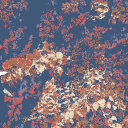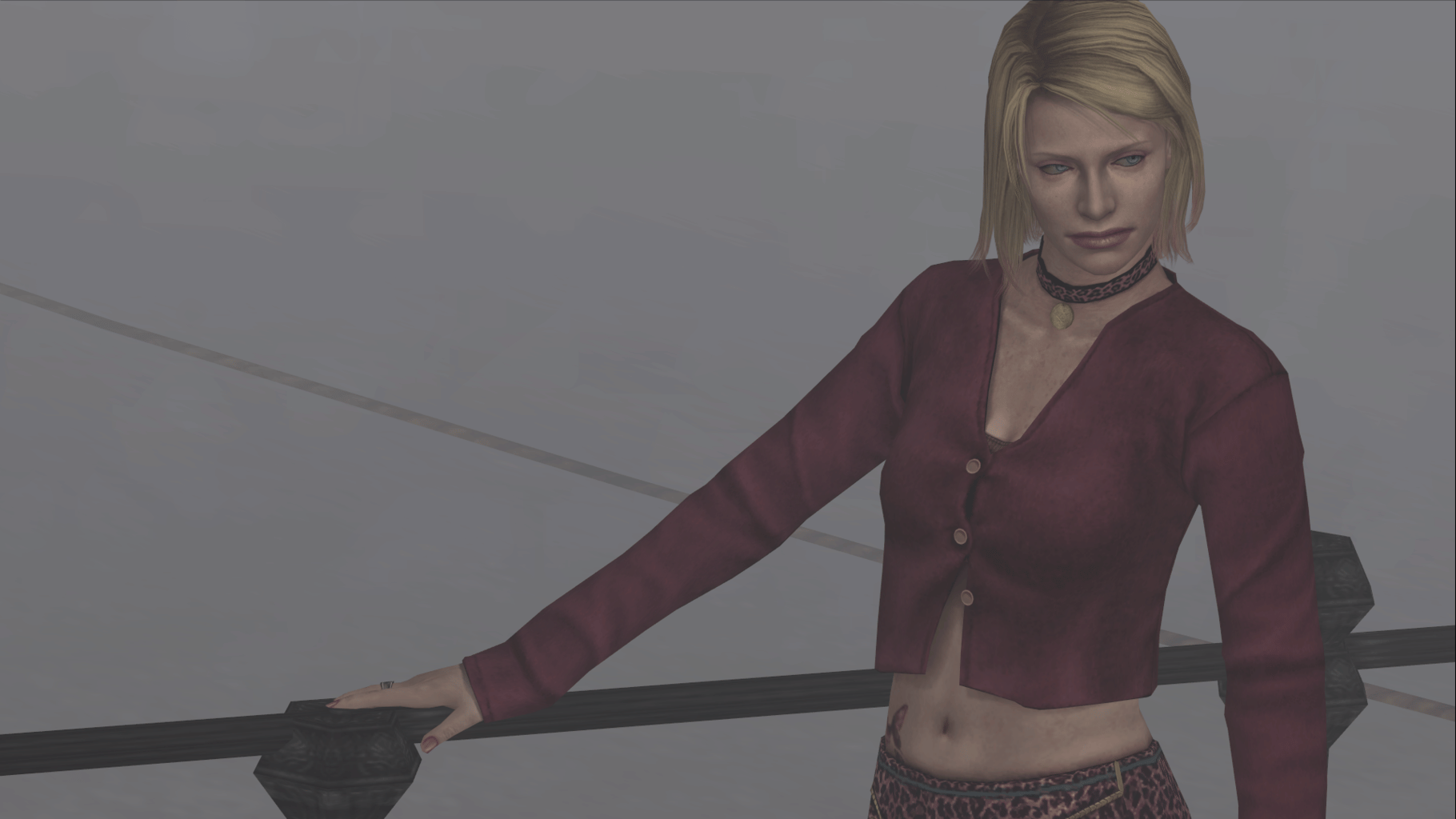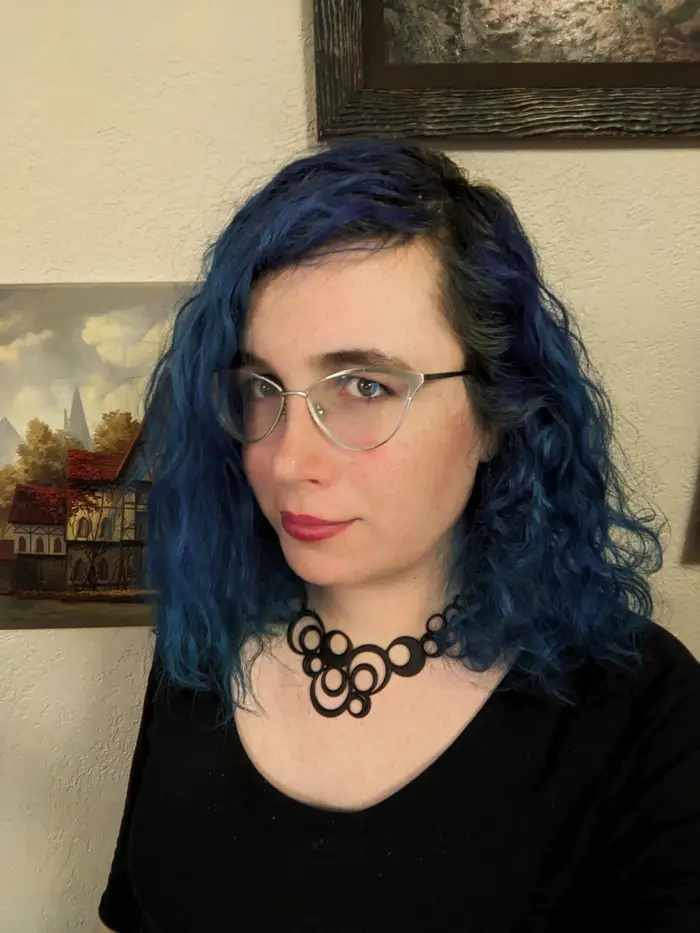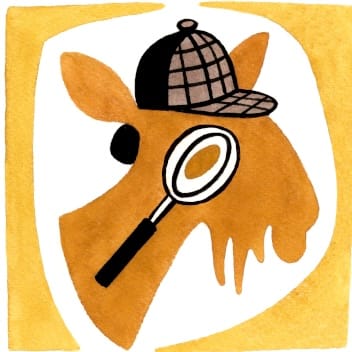I think it's really cool that a universal linguistic constant is using another language's word for "bread" to mean "bread in the style of that cuisine", and I think we should broaden the application of that pattern substantially. For example I think every language should use a transliteration of the word "car" to refer specifically to needlessly oversized vehicles with terrible mileage
-
-
Halloween Hot Pot Look
-
Me: You ever think about how amazing consciousness is? Like, how everything beautiful in the world exists not just in itself but also in the reflection in the minds and hearts of every single person who appreciates it?
Zandra: Except for Jim the Philosophical Zombie.
Jim the Philosophical Zombie: I deeply appreciate beauty! ...as far as you can tell 😉 -

posted on www.tumblr.com -
speaking of Windows my computer has developed a delightful little quirk where it hisses and pops over headphones but only if there is not a Windows settings window open. I discovered this by opening up the sound settings to try to fix the hissing and popping and succeeding but not in the way I had intended
-
I've been worrying about this as well. I consider myself at least moderately a Linux sicko—I've had at least one daily driver Linux desktop consistently since before college, although most of that time it's been my work device—and…
-
-
gonna run an rpg with two guards one of whom always lies and one of whom always tells the truth. whatever the players ask one will say "sorry, I'll be right with you" and the other will say "I don't have to answer your fuckin questions"
-
I have spent too much time in Manhattan to have a hope in hell of answering this question accurately. Sometimes a random hotel room or whatever is on the 80th floor and you barely notice
-

 Having played only two Silent Hill games, I've already formed my opinion that this is what Silent Hill should be. Although the original marshaled an incredible ambiance, it didn't quite manage to coalesce it into cogent themes. It lives in my memory largely as a collection of horror vignettes which, while strikingly effective given the limited palette of the PS1, are little more than the sum of their parts.
Having played only two Silent Hill games, I've already formed my opinion that this is what Silent Hill should be. Although the original marshaled an incredible ambiance, it didn't quite manage to coalesce it into cogent themes. It lives in my memory largely as a collection of horror vignettes which, while strikingly effective given the limited palette of the PS1, are little more than the sum of their parts.
Silent Hill 2 learns that lesson well, and strides forth confidently with a degree of narrative focus and aptitude that's rare to see in games before or since. Everything in this town of Silent Hill curls meticulously around its true function, even long before the player begins to suspect that it has a function at all. Where the first game just asks the player to experience it, the second asks the player to understand it, and is consistent enough to truly reward that understanding. In doing so, it manages to be effective not just as a game or as a mood poem but as a horror story—something I've never seen another game fully succeed at.
The craftsmanship is also outstanding even beyond the purely narrative realm. When I first played Resident Evil (2002) I was shocked by how much mileage it got out of its much-derided "tank controls" as a means of giving the game itself detailed control over the camera angles without bewildering the player's movement. Silent Hill 2 takes this to the next level, allowing the movement of the player itself to guide the camera along paths that echo those of horror cinematography. My breath was stolen when, in the opening sequence as James walks down a long dirt path through the woods, the camera began trailing him with trees interspersed, using filmic techniques to convey a sense of being watched and stalked.
It's just not possible to do that sort of things with the now-standard two-stick full-motion camera controls, and I became even more thoroughly convinced playing this game that we let ourselves throw away a gem of design in tank controls. They do feel awkward, this I won't deny—but must games always feel smooth? What is life without a little variation in the texture? I dearly hope that one day fixed cameras and relative controls are added back to the toolbox of game design, as I long to see what a game could do if it truly iterated on the way Silent Hill 2 wields the camera as a piece of the artistry during the game itself.
The only place this doesn't rise above its predecessor are the combat and resource management mechanics, which still feel by-the-book relative to Resident Evil's brilliance. The combat is perhaps slightly better here, but only by virtue of being easier to avoid. But if the niche this series is carving for itself is tremendous atmosphere, narrative, and visual artistry, you won't hear a single complaint from me.





